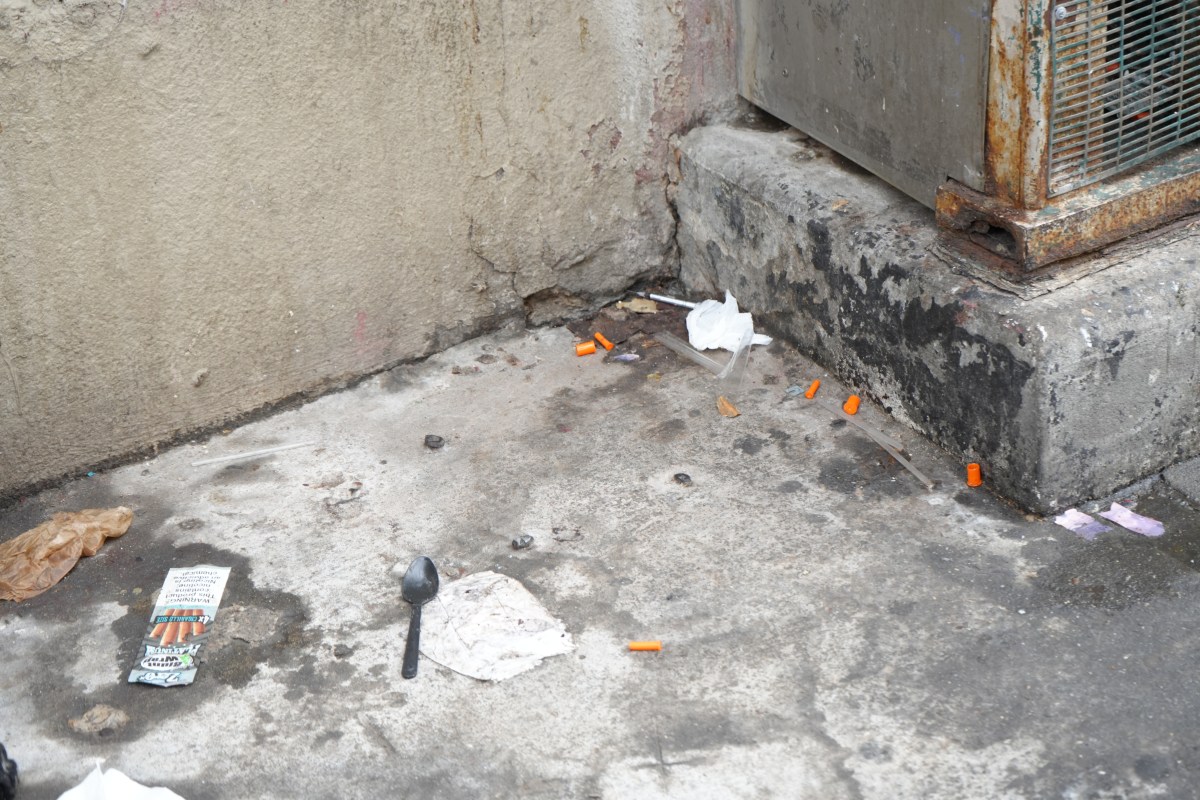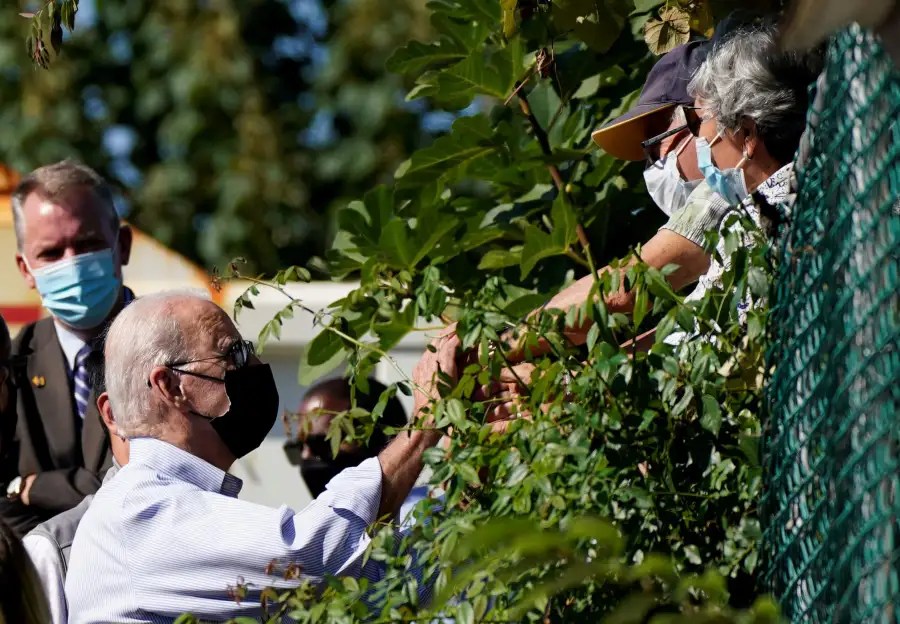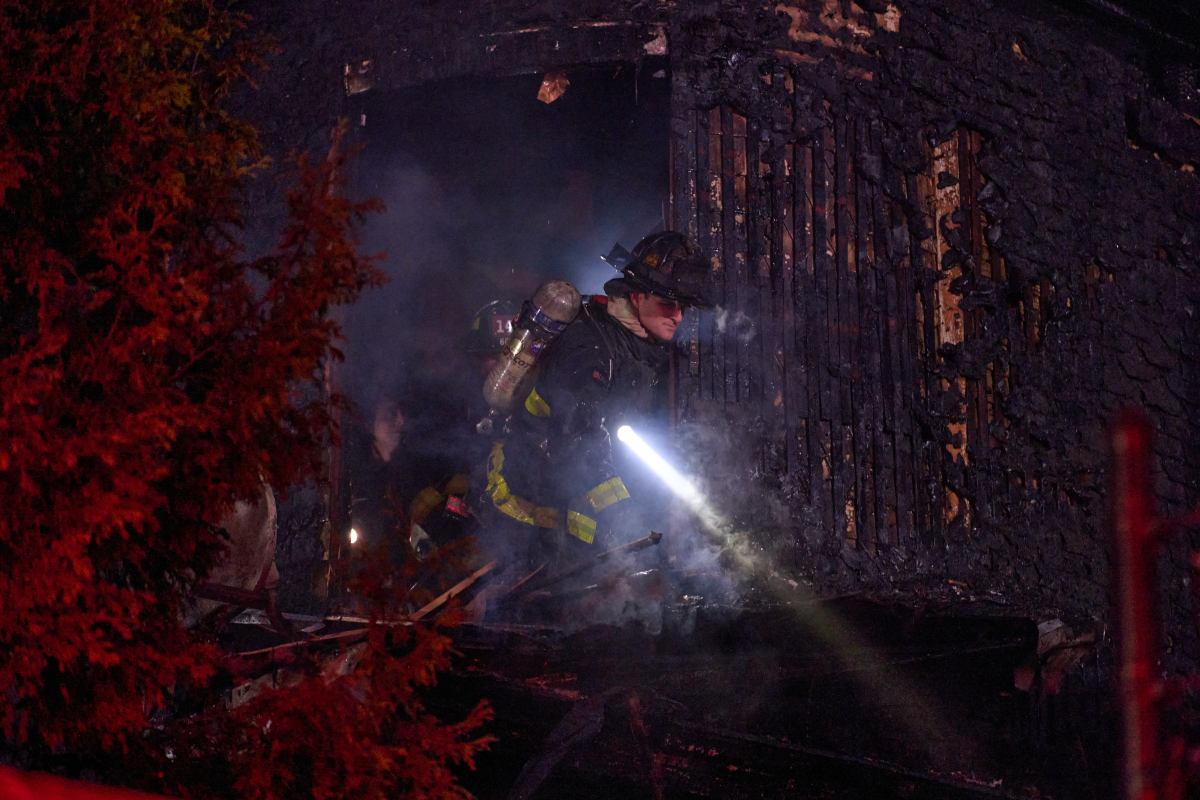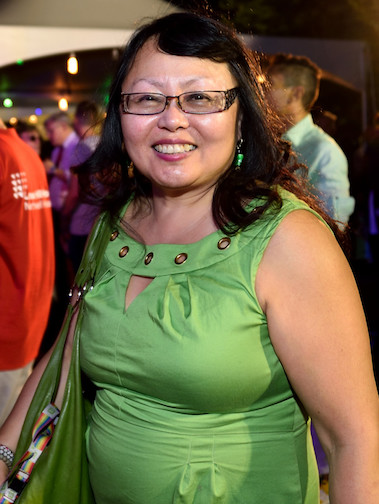
BY ANDY HUMM | The New York County Democratic Party and its vaunted independent screening panel for approving judges for the ballot has come under scorching outrage for the panel’s refusal to recommend Justice Doris Ling-Cohan, a 20-year veteran of the bench without a blemish on her record, for nomination for re-election at the September 22 county convention. That decision marks the first time that a sitting judge, in the absence of any formal complaints — let alone one uniformly praised as “distinguished” by civic and legal groups — has not been recommended by the panel.
In response to the controversy, the party’s executive committee held a hastily called emergency session on September 7 to explore whether there is now any legal way to nominate Ling-Cohan this year, but the meeting broke up after roughly two hours with no decision reached. Marc Landis, an Upper West Side district leader, said many in the meeting were “surprised” by the panel’s decision and that Ling-Cohan’s option at this point is to have her name put in nomination from the floor at the county convention. Curtis Arluck, the longtime co-chair of the party’s Judiciary Committee and a Morningside Heights district leader — who prior to the meeting described the panel’s decision as “bizarre” and unprecedented — predicted that Ling-Cohan “is likely to be selected at the convention.”
Manhattan City Councilmember Rosie Mendez, a fierce critic of the panel’s move, has pledged to make certain that Ling-Cohan’s name is put into nomination on September 22.
A day before the emergency meeting, Arluck and Harlem State Assemblymember Keith Wright, the county leader, emphasized there must be a “firewall” between the party and its screening panel. Both said panelists are free to speak to the press or in public now that their deliberations are over, but panelists have mostly refused comment.
Ling-Cohan is the author of the historic 2005 decision ordering the city to begin issuing marriage licenses to same-sex couples, a decision successfully appealed by Mayor Michael Bloomberg and Attorney General Eliot Spitzer, which delayed gay marriages in New York for six years until the Legislature acted in 2011. Her ruling that excluding gay couples from marriage was unconstitutional was ultimately borne out by US Supreme Court rulings that first struck down the federal Defense of Marriage Act and later overturned all state bans on same-sex marriage.
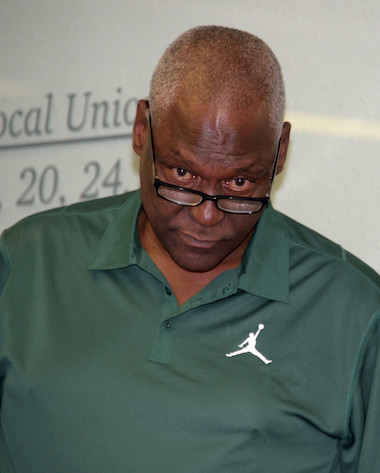
The rejection of Ling-Cohan, first revealed in a New York Post story last week quoting an anonymous source with supposed knowledge of the confidential proceedings as saying the panel viewed her as “lazy,” has called into question the impartiality of the process — now dominated by lawyers who enjoy the opportunity to pick the judges they will appear before in cases involving millions of dollars. “These white shoe lawyers are getting a chance to knock off judges to benefit themselves,” charged Pete Gleason of the Downtown Independent Democrats.
Reliable sources say that Ling-Cohan was rejected by a 12-10 vote spearheaded by Deborah Riegel, a real estate lawyer whose firm would benefit if Ling-Cohan, who is widely supported by tenant groups, were not allowed to run again. Riegel, in an email message, wrote, “Notwithstanding what you may believe, the deliberations are confidential and I have no comment.” A tenant lawyer who said he spoke to Riegel said that she told him, “The only one who is politicizing this process is Doris Ling-Cohan.”
While the 39 groups invited to send panelists reflected racial, gender, and sexual orientation diversity, just 22 sent panelists and the vast majority were attorneys, mostly from the real estate and corporate bars, with some civil rights and immigration attorneys. Ling-Cohan won approval for nomination from the panel subcommittee that interviewed her, but was later given no opportunity to address the concerns raised about her by the full panel.
In a September 1 email to Arluck, obtained by Manhattan Express, Ling-Cohan chastised the Judiciary Committee co-chair for holding a meeting to accept the panel’s recommendations without allowing her to be heard. “The committee voted against reconsideration for me, in a close vote,” she wrote. “The fact that there were… people with clear conflicts of interest at the meeting surely influenced the process and a revote should be taken.” Ling-Cohan also advised Arluck that Chief Administrative Judge Lawrence K. Marks “is available to speak to anyone who wants to check my qualifications… If New York County wants to maintain its reputation as a bastion of judicial reform, your committee should, at a minimum, call him to do a due diligence review on me.”
The Post story, Ling-Cohan charged, demonstrated that the “confidentiality of the panel has been severely breached by insiders, including panel members… The fact that there were so many ‘sources’ speaking to the NY Post taints the whole process and clearly indicates that I was unfairly targeted, so that I request there be a new panel constituted.”
Emily Jane Goodman, a judge for 30 years and former colleague of Ling-Cohan’s who is now in private practice, said the panel’s failure to follow American Bar Association guidelines regarding sitting judges will have a “chilling effect,” with judges, already worried about media and political reactions to their rulings, now having to be concerned about being turned out by screening panel lawyers who don’t like their rulings.
“It is an absolute outrage,” Goodman said at a press conference September 6 at City Hall led by Mendez and her City Council colleague Margaret Chin, both of whom came armed with volumes of material and data attesting to Ling-Cohan’s competence, diligence, and probity — including the fact that in 20 years she has heard more 10,000 cases and only been reversed on appeal 48 times (less than 0.5 percent). In 2015, the National Law Journal named Ling-Cohan one of the 75 Outstanding Women Lawyers in America.
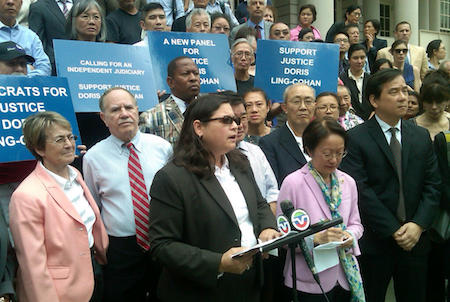
More than a 100 supporters rallied for her on Tuesday demanding that the party reverse itself and chanting, “Justice for the Justice.” Mendez emphasized that Ling-Cohan was the first Asian-American woman elected to the State Supreme Court and the first Asian American appointed to the Appellate Term. “Her record speaks for itself,” she said.
“She is an independent judge not beholden to anyone but the people,” Chin said. CUNY law professor Joe Rosenberg called her “a role model for CUNY law students and law students throughout New York City.”
Also speaking or delivering messages of support for Ling-Cohan at the rally were the Korean American Lawyers Association, the LGBT Bar Association of Greater New York, the Asian American Bar Association of NY, the Jim Owles Liberal Democratic Club, the Puerto Rican Bar Association, and the Asian American Legal Defense and Education Fund. Mendez, an out lesbian, was joined by other LGBT elected officials at the City Hall gathering, including State Senator Brad Hoylman, Assemblymember Deborah Glick, and Councilmember Corey Johnson, all West Siders.
Allen Roskoff, president of Jim Owles Club, said, “Doris Ling-Cohan cares about the people. That’s why the landlords don’t like her and the One Percent don’t like her.” He accused “party hacks” in the county organization of wanting her out to get their own candidates in. Many executive committee members, in fact, have their own candidates, including Louise Dankberg, Arluck’s co-chair on the Judiciary Committee, who is supporting Nancy Bannon, who is up for consideration at the convention.
In an email message, John Fisher of TenantNet wrote, “Assemblymember Keith Wright, closely allied with [the Real Estate Board of New York]… is seen as allowing the judicial screening panel to knock Justice Ling-Cohan off the ballot. It would not be happening without his acquiescence or specific direction.” To that charge, Wright responded, “Anyone that knows what they are talking about in the picking of judges knows that there is no foundation to that.”
Wright’s leadership and the independence of his party’s judicial panels are being put to their greatest test in the history of the county’s judicial nominating process. He and the Manhattan Democratic Party are faced with the daunting challenging of protecting the independence of their selection panels while doing justice to a long-serving jurist who has been maligned by panelists who will not defend or explain their decision.
Editor’s note: This story as initially posted incorrectly reported that Bruce N. Lederman was a leader in the move to oust Ling-Cohan. In fact, he voted to approve her renomination. Manhattan Express regrets that error.





